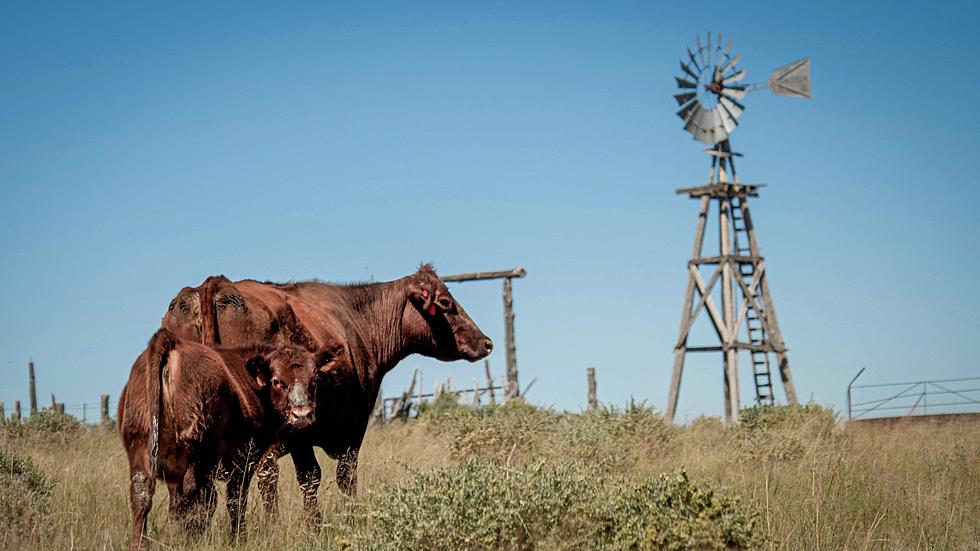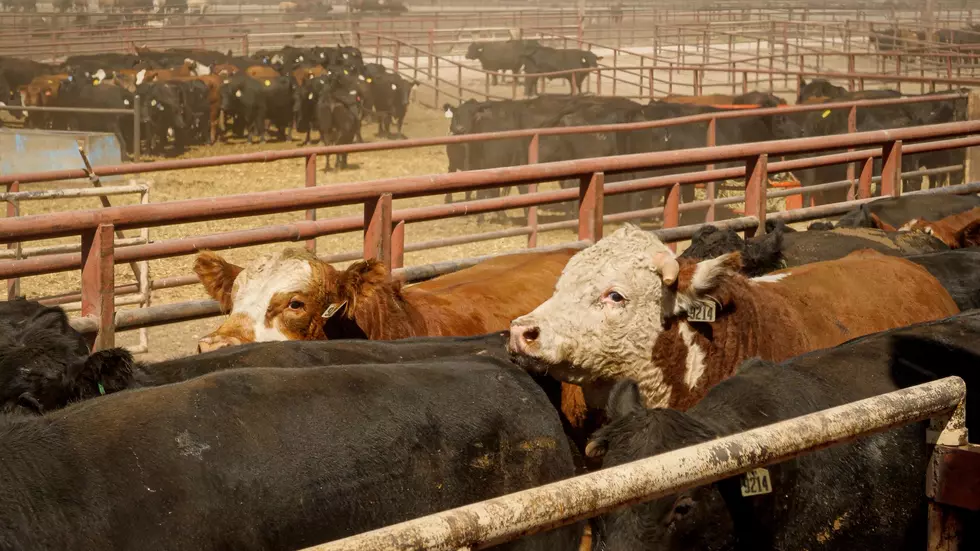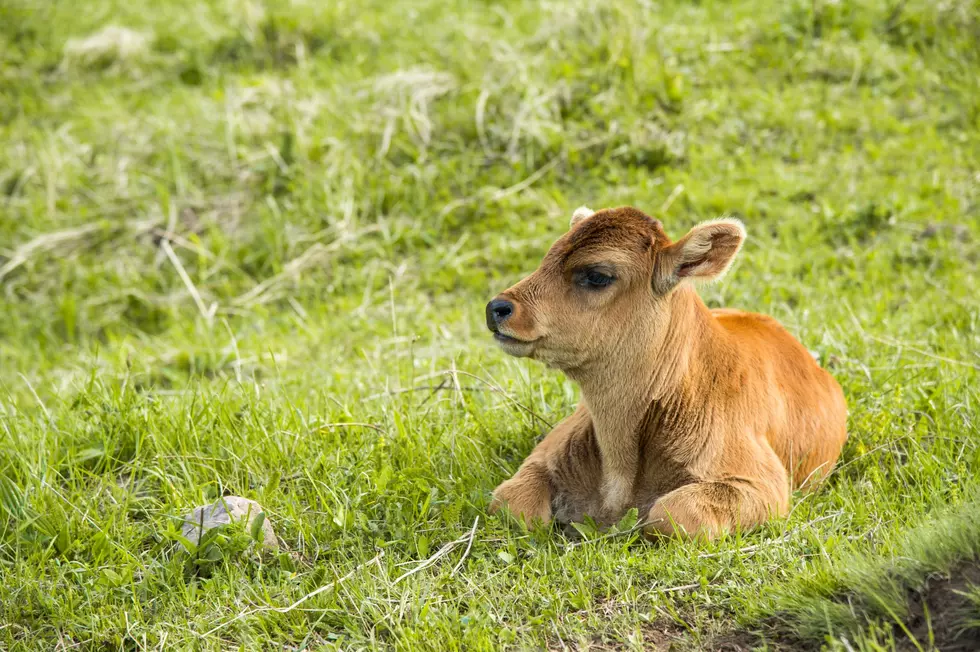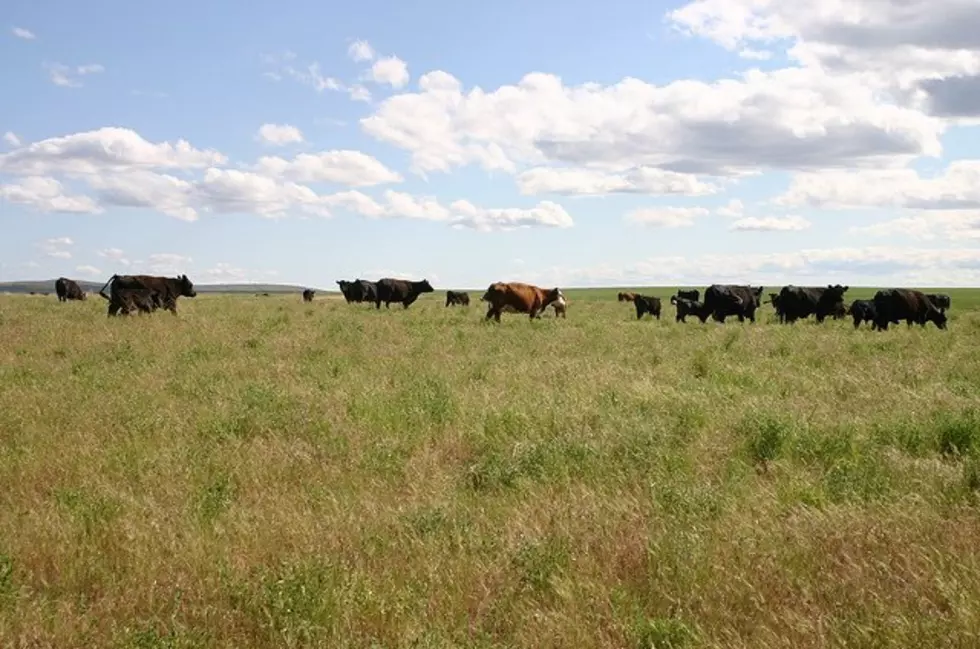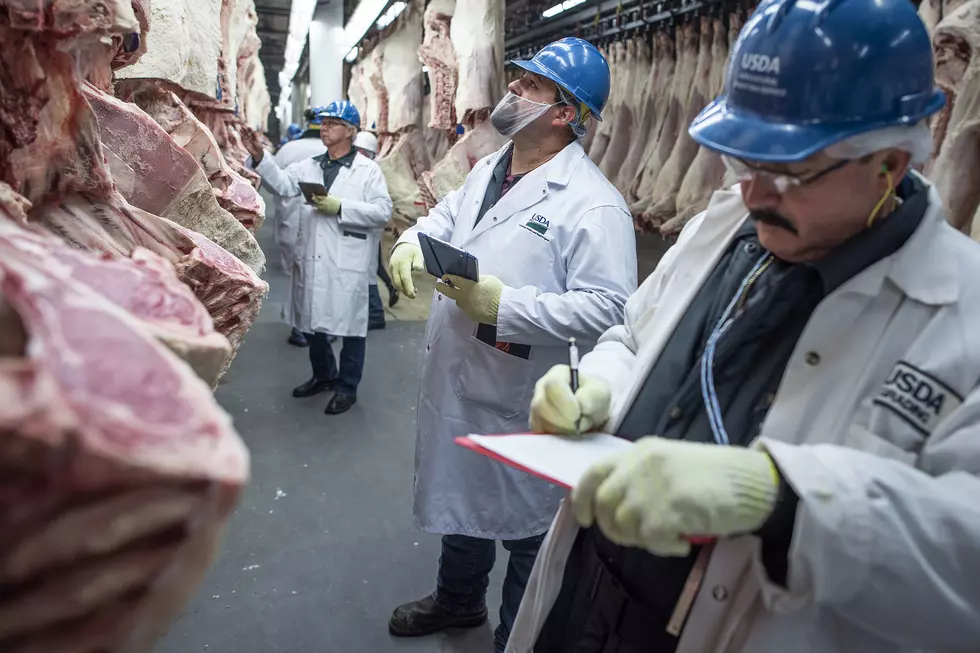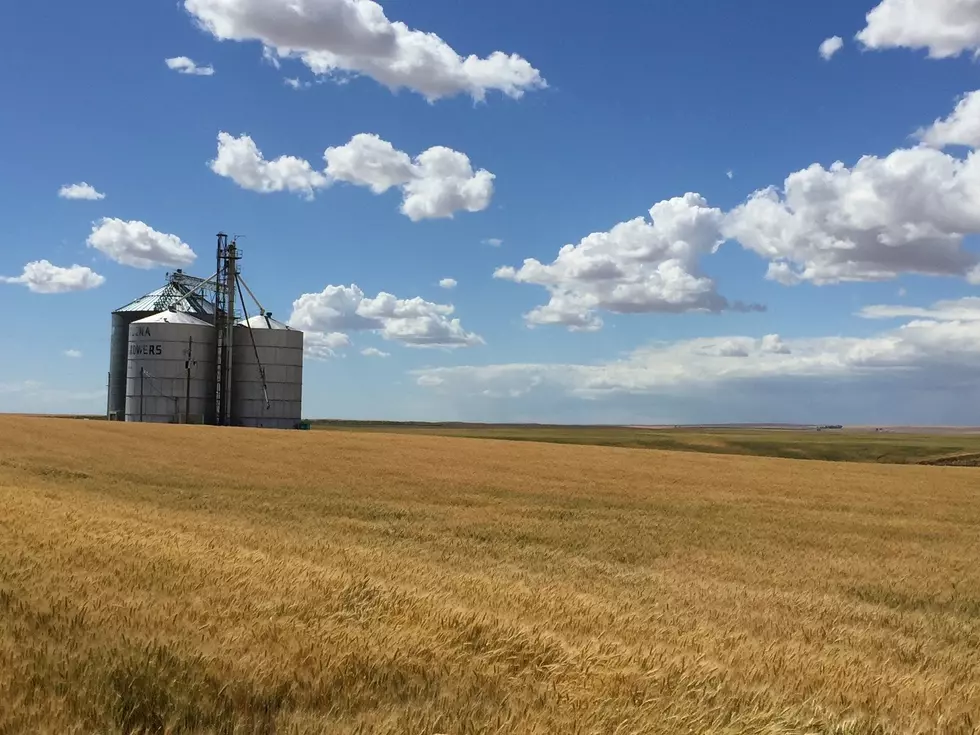
Consider All Options When Looking At Fall Deworming
When producers talk deworming, they often associate the practice with the springtime. However, veterinarians say a fall deworming may be better for the animal, and your bottom line. Dr. Marc Campbell said deworming twice a year can help keep your cows clean of parasites, and efficient through the winter.
“Deworming cattle in the spring and the fall interrupts the lifecycle of the parasite and helps animals remain healthy. In warmer climates you may need to do it a third time because the parasite has a longer period of time to complete its lifecycle. In the fall, we’re trying to clean these animals out. That way, we’re not feeding a parasite all winter. We’re feeding the cow or the calf instead because that’s the most expensive time to feed an animal.”
Dr. Campbell said skipping out on deworming can be costly.
“If you neglect a parasite control, it’s not a good deal, because specifically dewormers, its been shown that it can cost you $190 of economic loss over the lifetime of the animals, because it affects reproduction, it affects growth, it also affect milk production in cows.”
Campbell said its important that producers talk with their veterinarian to determine the right deworming program and correct timing.
“Producers should always talk to their veterinarian, or their animal health provider, to determine the best practices for their operation. Many of them do suggest Cydectin, which is available in two convenient forms, pour on and injectable form. Cydectin is a great product to use, especially the pour on, because it has lots of benefits. It’s got a zero meat and milk withdraw period, it’s dung beetle friendly and weatherproof, all at the same time. So, it’s very convenient to use.”
If you have a story idea for the Washington Ag Network, call (509) 547-1618, or e-mail gvaagen@cherrycreekradio.com
More From PNW Ag Network

